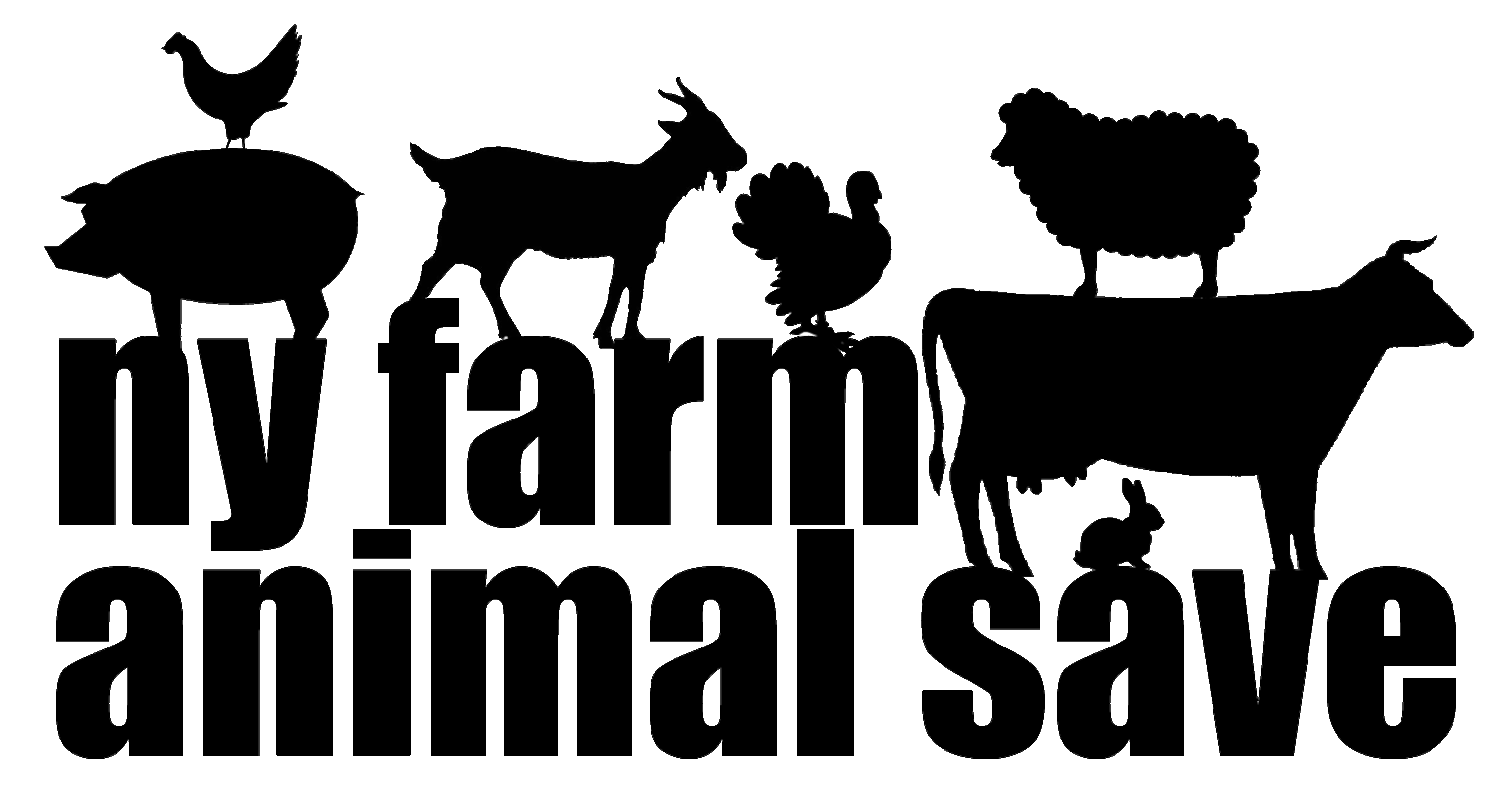Photo credit: Jo-Anne McArthur/We Animals
Please Sign Our Petition!
July 2019
We’ve started a petition on change.org, asking Charles River Laboratories to stop breeding and testing on animals. Please take one minute to sign our petition here: http://chng.it/JPCVjF5DNf
Below is the full text of the petition, if you would like to read it before following the link to sign.
We petition Charles River Laboratories to end the breeding of and testing on animals of all species.
The vast differences between human and non-human animals render the majority of all test results on non-human animals irrelevant.
Dr. C. Ray Greek, President and Co-Founder of Americans for Medical Advancement (A.F.M.A.), is a board-certified anesthesiologist. He has taught at the University of Wisconsin-Madison School of Medicine and Thomas Jefferson University School of Medicine in Philadelphia. During the course of his medical career, he performed experiments on animals and conducted clinical research. According to Dr. Greek, in reality, there is a general agreement in the biomedical sciences and pharmaceutical communities that animal models have no predictive value, whatsoever, for human response to drugs and disease. Dr. Greek covers this, extensively, in his articles and books. For example, he reports that approximately 100 vaccines against HIV/AIDS have tested well in animals, including non-human primates; yet, ZERO of these have been successful in humans. He presents further evidence of over 1,000 drugs tested on non-human animals that offered neuroprotection to stroke patients and; again, ZERO have come to the market for humans.
The animal model advances no predictive value.
“Predictive value is the primary justification for using animal to study diseases and drugs. It is also the basis for all other rationalizations and justifications and it is demonstrably false.” ~Dr. Ray Greek
To listen to Dr. Greek speak on the inaccuracy of animal models, please watch: https://www.youtube.com/watch?time_continue=291&v=w8y0oYjukKk
Scientific advances yield numerous methodological alternatives to non-human animal testing that are far more relevant to the predictive value in humans. Please see the list below:
1. Clinical studies of patients – the most obvious bellwethers for information about human disease are diseased humans.*
2. In vitro research - a variety of cell-based tests and tissue models can be used to assess the safety of drugs, chemicals, cosmetics, and consumer products.*
3. Genetic research - Advancements in stem cell biology have facilitated the generation of complex models called “organoids,” miniature in vitro organs which mimic some of the structure and function of real organs. Organoids can be used as disease models, in toxicology and drug discovery studies, and in studies of organ development, among other areas of research. Many organoids have already been generated, including the kidney, liver, heart and lung.*
4. Autopsies – virtually the whole field of modern medical knowledge was created through study of autopsies aided and supported by physiology.*
5. Epidemiology – analyzing data regarding the incidents and prevalence of specific diseases among populations presents very valuable information about why and how the illness occurs.*
6. Mathematical modeling and computer-assisted research – there are numerous ways computers can aid in research such as simulating body parts as mathematical equations; using computer graphics (programs that can create three-dimensional structure of molecules on screen); or Electric Cell Substrate Impotence Sensing (ECSIS) device uses electricity to study complex cell behavior, to name a few.*
7. Diagnostic imaging - advanced brain imaging and recording techniques, such as functional magnetic resonance imaging (fMRI), with human volunteers can be used to replace archaic experiments in which rats, cats, and monkeys have their brains damaged. These modern techniques allow the human brain to be safely studied down to the level of a single neuron (as in the case of intracranial electroencephalography), and researchers can even temporarily and reversibly induce brain disorders using transcranial magnetic stimulation.*
8. Post marketing drug surveillance – the reporting of any side effects of a medication after its release. Creating a comprehensive database on any given drug’s potential for negative reactions (which is currently not being done).*
9. Organs-on-Chips - contains human cells grown in a state-of-the-art system to mimic the structure and function of human organs and organ systems. The chips can be used instead of animals in disease research, drug testing, and toxicity testing and have been shown to replicate human physiology, diseases, and drug responses more accurately than non-human animal experiments do.**
10. Cell-based tests and tissue models - can be used to assess the safety of drugs, chemicals, cosmetics, and consumer products.**
11. Microdosing – volunteers are given an extremely small one-time drug dose, and sophisticated imaging techniques are used to monitor how the drug behaves in the body.**
12. Human-patient simulators - Strikingly life-like computerized human-patient simulators that breathe, bleed, convulse, talk, and even “die” have been shown to teach students physiology and pharmacology better than crude exercises that involve cutting up animals. The most high-tech simulators mimic illnesses and injuries and give the appropriate biological response to medical interventions and injections of medications. Ninety-seven percent of medical schools across the U.S. have completely replaced the use of animal laboratories in medical training with simulators like this, as well as virtual-reality systems.
For more advanced medical training, systems like TraumaMan—which replicates a breathing, bleeding human torso and has realistic layers of skin and tissue, ribs, and internal organs—are widely used to teach emergency surgical procedures and have been shown in numerous studies to impart lifesaving skills better than courses that require students to cut into live pigs, goats, or dogs.**
We appeal to Charles River Laboratories to move towards cruelty-free forms of testing medications and products for human use by phasing in alternative, non-animal test models and halting the use of all animals for testing and experimentation. In so doing, the necessitation of animal breeding is eliminated.
* Sacred Cows and Golden Geese by C. Ray Greek, MD and Jean Swingle Greek, DVM
** www.peta.org/issues/animals-used-for-experimentation/alternatives-animal-testing/

